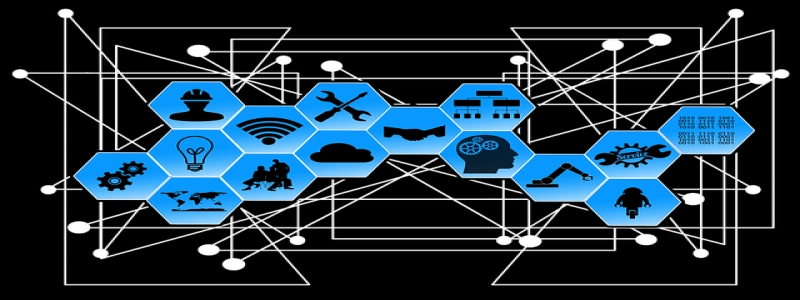SFP Copper Transceiver: An In-depth Overview
Introduction
I. What is an SFP Copper Transceiver?
A. Definition
B. Functionality
II. Different Types of SFP Copper Transceivers
A. 10/100/1000BASE-T SFP Copper Transceiver
B. 10GBASE-T SFP+ Copper Transceiver
III. Advantages of Using SFP Copper Transceivers
A. Flexibility
B. Cost-effectiveness
C. Compatibility
IV. Applications of SFP Copper Transceivers
A. Server Room Networking
B. Data Centers
C. Ethernet Switches
Features and Specifications
I. Form Factor
A. Size and Shape
B. Compatibility with SFP Ports
II. Data Transmission Performance
A. Data Rate and Bandwidth
B. Error-free Transmission
III. Temperature and Environmental Considerations
A. Operating Temperature Range
B. Humidity and Shock Resistance
Installation and Compatibility
I. Installing an SFP Copper Transceiver
A. Proper Handling
B. Hot-Swapping Guidelines
II. Interoperability with Network Devices
A. Compatible Network Switches and Routers
B. Connecting SFP Copper Transceivers to SFP+ Ports
III. Configuring and Monitoring
A. Compatibility with Network Management Systems
B. Configuring Settings and Parameters
Maintenance and Troubleshooting
I. Cleaning and Care
A. Proper Cleaning Techniques
B. Avoiding Physical Damages
II. Troubleshooting Common Issues
A. Link Failure
B. Data Packet Loss
C. Overheating
Conclusion
I. SFP Copper Transceiver: Enhancing Network Connectivity
A. Summary of Benefits
B. Future Prospects
In this article, we will delve into the world of SFP Copper Transceivers, exploring their definitions, functionalities, advantages, and applications. We will also examine their features, specifications, installation procedures, compatibility with network devices, as well as maintenance and troubleshooting guidelines. By the end of this comprehensive overview, you will have a clear understanding of the significance of SFP Copper Transceivers in enhancing network connectivity and their potential for future advancements.







